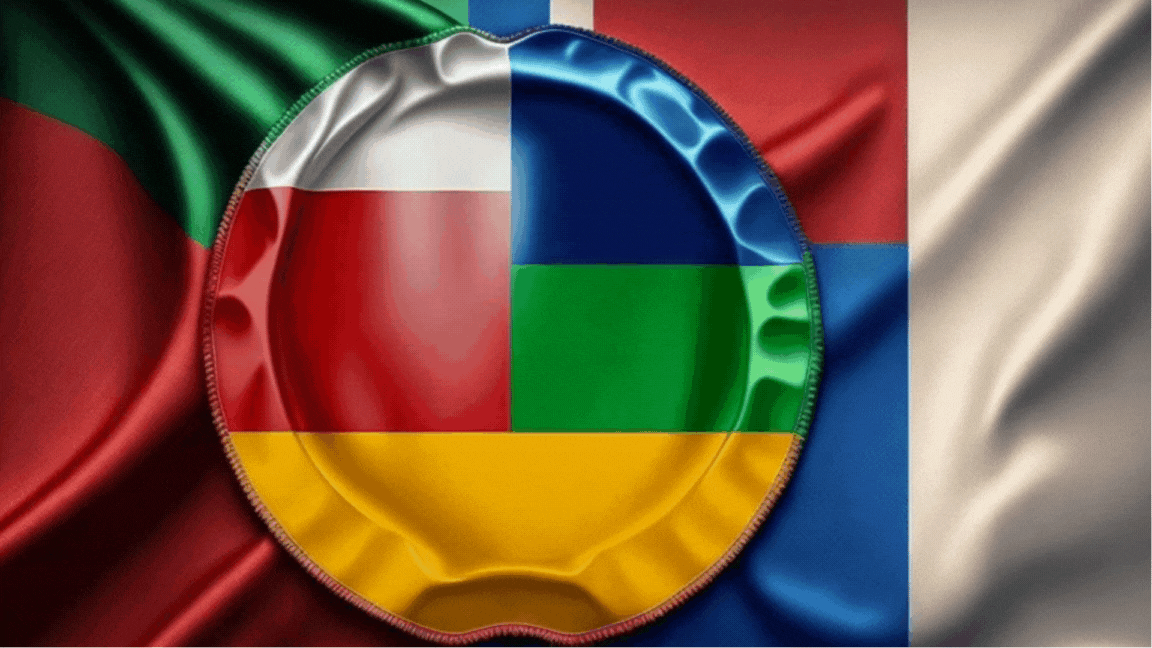
Colombia
Another social activist was murdered in Colombia, specifically in the department of Arauca, bringing the number of murders of human rights defenders to the black figure of 150 during the year (148 so far counting this last one). “We condemn the murder of Albeiro Caicedo, human rights defender, member of the Network of Human Rights Defenders of Arauca, and community leader, killed today in a rural area of Tame,” denounced a United Nations official based in Colombia. The region in question is an open battlefield between the guerrilla groups National Liberation Army and FARC-EP (in the latter case dissident factions of the “extinct” guerrilla). It is not always clear to whom to attribute these killings. Yet, beyond the selective assassination of political leaders, the security situation continues to be very tense as well in Colombia.
The strategy to pacify the country proposed by Gustavo Petro, the first left-leaning head of the Nariño House, has been in trouble since the beginning. This is due to the collision between the different political and economic agendas that armed groups are trying to advance, which in the case of the guerrillas would no longer be so much charged with socialist ideology as with interest in territorial power and obtaining economic dividends. Last Sunday there was a massacre with three dead in the violent Valle del Cauca, which the authorities tried to explain based on two hypotheses, either of them very illustrative of the Colombian problem: it would have been a settling of scores between two rival factions of the FARC-EP dissidents, or the expression of an internal struggle within one of them.
A potential red-painted White House in January adds to migrants' anxiety
The Biden administration, as I have pointed out on other occasions here has brought some relief to tens of thousands of migrants, primarily Cubans, Haitians, and Venezuelans and to a lesser extent Nicaraguans as well, who have benefited from a controversial humanitarian parole program that Republican presidential candidate, former President Donald Trump, has suggested could be discontinued if he returns to run the show on Pennsylvania Avenue. The de facto owner of the Grand Old Party also has the spotlight on the program that, through a CBP-powered mobile app, allows migrants to schedule an appointment at an official port of entry along the border with Mexico. This mechanism offers very good odds to those who adhere to it to be treated with greater benevolence at the border when applying for asylum, a dynamic that stems from updated regulations, hostile to aliens arriving irregularly.
As President I will immediately end the migrant invasion of America. We will stop all migrant flights, end all illegal entries, terminate the Kamala phone app for smuggling illegals (CBP One App), revoke deportation immunity, suspend refugee resettlement, and return Kamala’s…
— Donald J. Trump (@realDonaldTrump) September 15, 2024
Yes, neither the parole program nor the CBP-One application solves the immigration problem, which will only find relief to the extent that the channels through which migrants move are safe and properly regulated, but above all when living conditions in the sending countries are dignified, so that people find more reasons to take root in their homeland than to abandon it in desperation. Unfortunately, for Washington, it is transparent—in practical terms—everything that happens to a migrant in their perilous transit through Central America on their way to violent Mexico, but it is helpful for them to have programs like CBP-One once on Aztec soil, especially since it is accessible in the south. In September alone, CBP processed more than 44,600 individuals arriving at designated ports of entry by this channel. This small window of opportunity, this breath of hope for the migrant, is what Trump threatens to block once installed at the Resolute desk.
“We came here with a purpose, and [we hope we] can fulfill it [and] get the appointment before the elections [...], but if not, trust in God, and we will see who wins to see what will happen,” a Venezuelan migrant recently told EFE from Ciudad Juárez. “We here are in the process of the CBP One appointment. But we are also afraid that if [Trump] wins, he is going to take it away. Because if he realizes, I mean, people are coming in because of the appointment. And if he takes it away, then that is the end of the benefit. We would no longer have the option of entering the United States,” said a Mexican woman. Regarding the humanitarian parole program, more than 531,000 Cubans, Haitians, Venezuelans, and Nicaraguans flew legally to the United States and effectively received the benefit of parole, which coincided with a 99% reduction in border encounters of nationals from these countries. In a dynamic that seems to reflect an understanding of the country facing the worst situation, most of the beneficiaries are Haitians.
Illegal border crossings remain low amid concerns that election could end lull. https://t.co/vP0JDtfBXR
— CBS News (@CBSNews) November 1, 2024
And this is all for our report today. I have referenced the sources dynamically in the text, and remember you can learn how and where to follow the LATAM trail news by reading my work here. Have a nice day.

